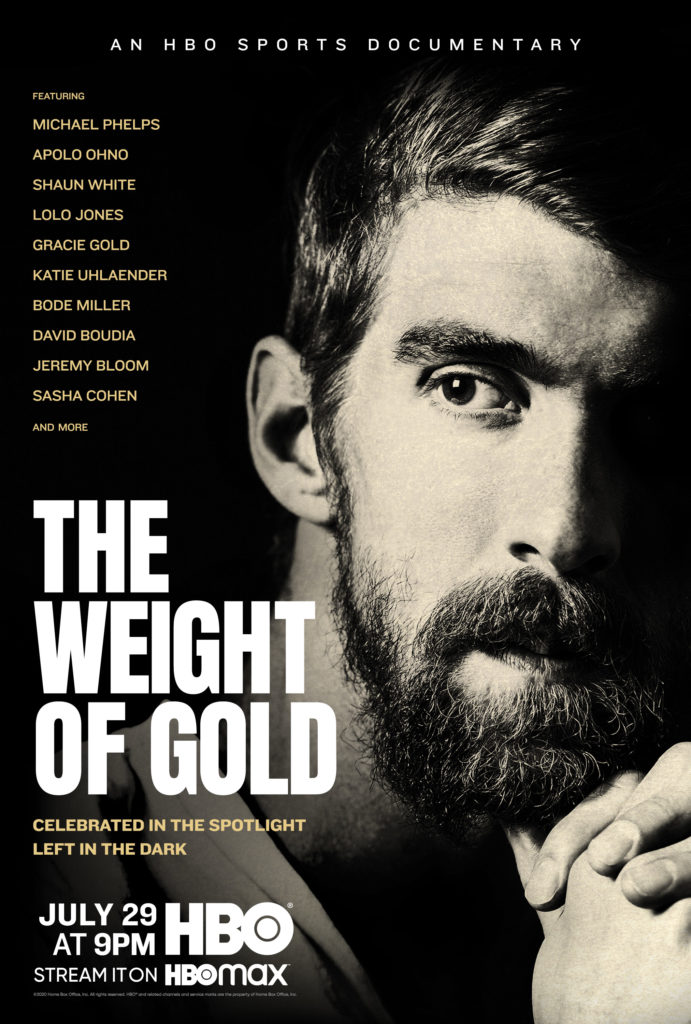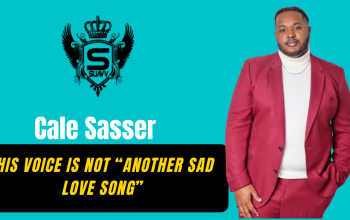With his unmatched agility and speed in the water, Michael Phelps holds the all-time record for Olympic gold medals earned. The closest thing to Aquaman, on two legs, Phelps, like many pro-athletes who have reached his rarified status, was placed on a pedestal that was unsustainable.
For more than a decade, Michael Phelps’ life was a relentless march towards breaking Olympic records, out-swimming his competition as he trained and traveled the world collecting gold medals and corporate endorsement deals. His seemingly flawless athleticism and boy-next-door charm made him seem unstoppable. The bloom first came off the rose in 2004, when Phelps was arrested for driving under the influence. That embarrassing event was compounded in 2009, when pictures of Phelps allegedly smoking from a bong went viral, finding their way into mass tabloid circulation. The final nail in the coffin for Phelps was a second DUI in 2014, which he now describes as “the bottom of my bottom,” leading to deep depression and spurning him to seek help for issues that had plagued him since his younger years. The rough road to redemption ultimately instilled a passion in Michael Phelps for mental health awareness and advocacy.
Rejecting a tragic end to his story, Phelps dusted himself off and made his comeback at the 2016 Summer Olympics, breaking further records and winning over fans who had doubted him.
Now, a devoted husband and father of three boys, Phelps insists that the second chapter of his life will make his storied time in the water look like a dress rehearsal for what’s to come. Through his Phelps Foundation, he tirelessly champions the sport of swimming, fitness initiatives, and healthy lifestyle choices for young people. Phelps continues to dedicate his time and resources to a cause close to his heart, that of mental health research and awareness.
The Weight of Gold, an HBO Sports documentary film, executive produced and narrated by Phelps, delves into the lives and careers of celebrated Olympians as it unpacks the mental health ramifications of the long term, restrictive and singularly focused pursuit of Olympic greatness and stardom that Phelps has achieved. According to HBO, “The Weight of Gold seeks to inspire discussion about mental health issues, encourage people to seek help, and highlight the need for readily available support.”

Allison Kugel: I watched your documentary The Weight of Gold, and you really go deep into the emotional effects of life as an Olympian. The public may watch this film and not understand how somebody who has achieved so much can feel such profound unhappiness, because our society loves to equate success with happiness.
Michael Phelps: The hardest thing for me is when friends of mine say something like that to me. My response is I am a human being. I have these feelings just like other people do. People seem surprised when I say that. Speaking for myself, for most of my life I felt like I was not a human being, so until I was able to look at myself in the mirror and see that I was a person and not just a swimmer, that’s when I starting realizing what I was going through, emotionally, and what I was living with and struggling with.
Allison Kugel: Is it safe to say that when you devote your entire life entirely to a single pursuit, you don’t get to know yourself or have the chance to develop that emotional intelligence needed to cope with disappointments or problems as they come up?




